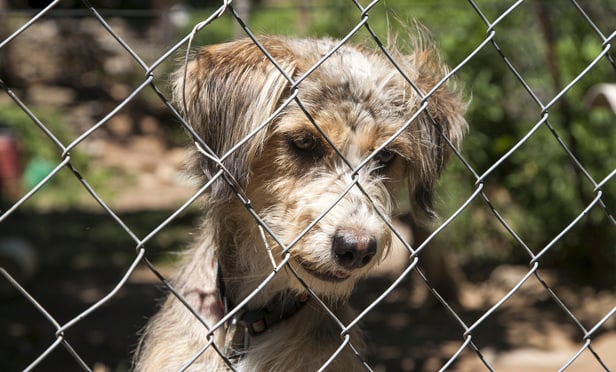Over the past several years, a significant body of research has established a clear connection between animal cruelty and interpersonal violence, including domestic partner, elder and child abuse. Research suggests that early intervention in animal cruelty cases could ultimately protect not only pets from abuse or death, but people as well.1 Unfortunately, our legal and social service systems—understandably preoccupied with human issues—may not give the gateway crime of animal cruelty the attention it deserves.
Historically, animal cruelty has been something of a back burner issue in the annals of criminal law. Although the Puritans enacted the first state animal cruelty statute in 1641 in the Massachusetts Bay Colony, it wasn’t until 1828 that the nation’s second statute, in New York, was passed.2 Over the next century, every other jurisdiction followed suit and there now appears to be widespread, if not universal, acknowledgment that animal abuse is a serious matter. Still, I believe that our laws and our society have so far failed to keep pace and failed to adequately address what we now know beyond cavil is an indicator crime, as any number of studies show.



